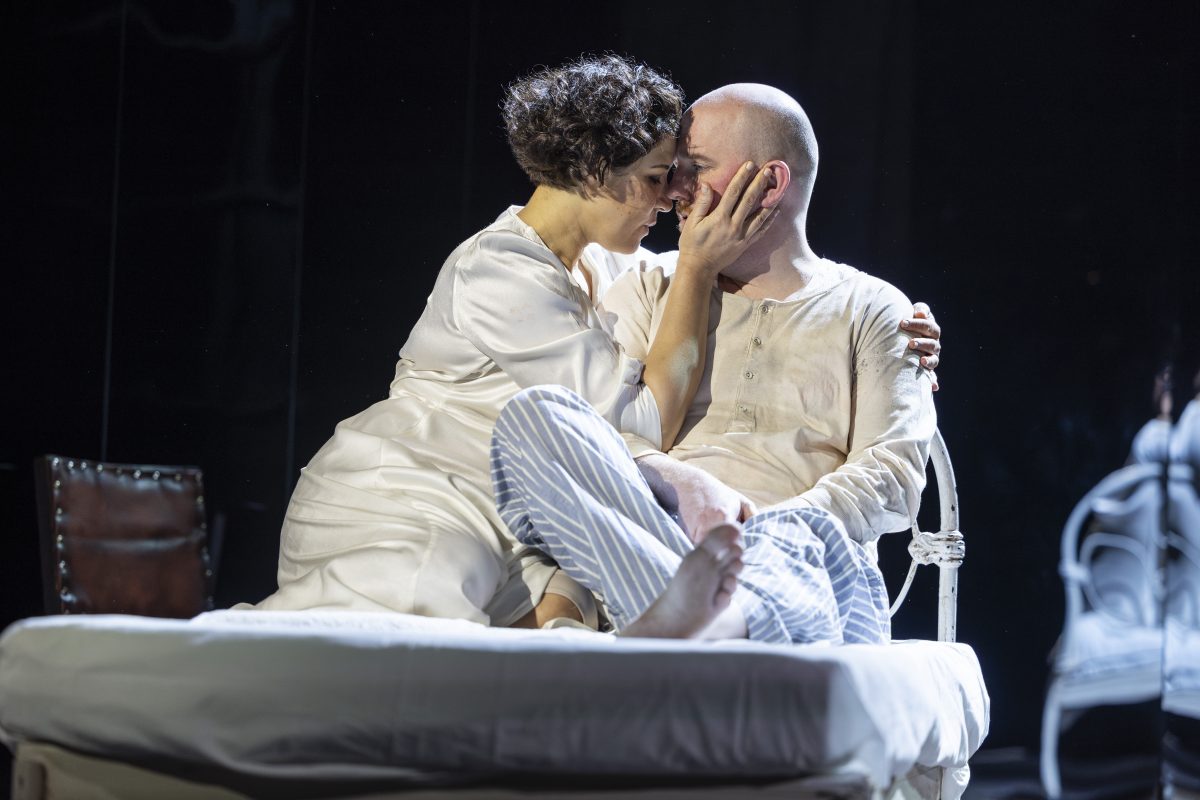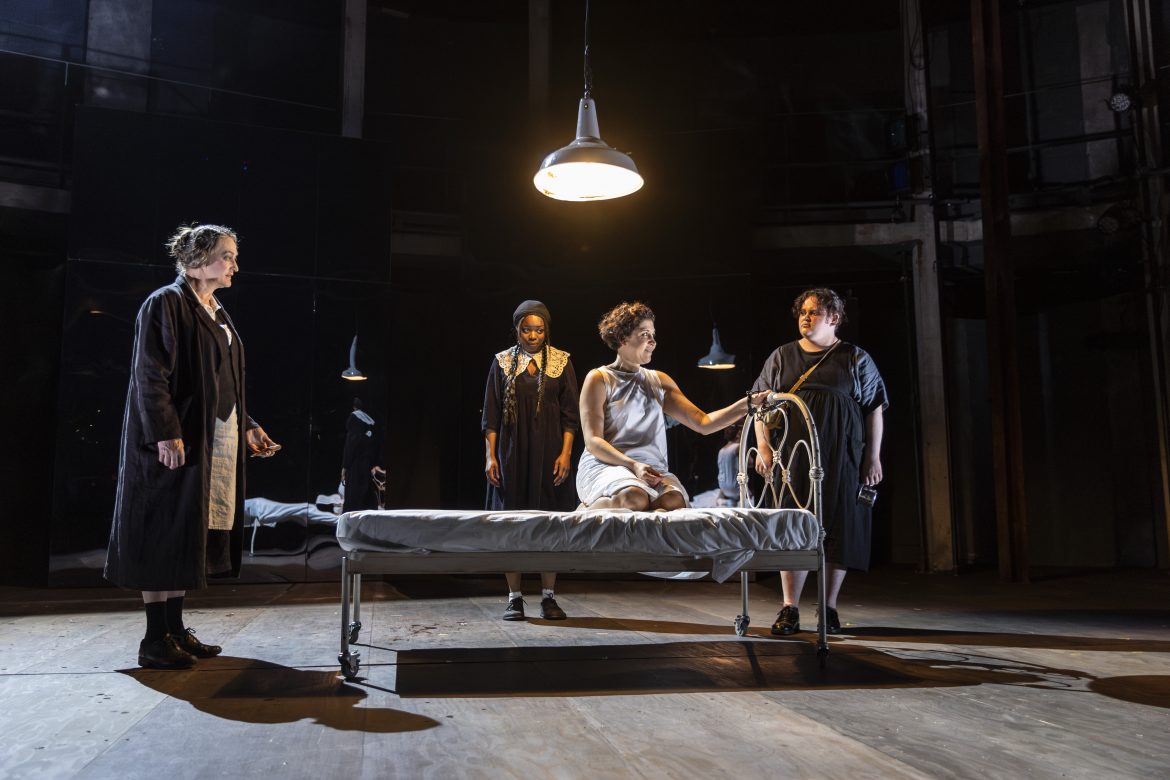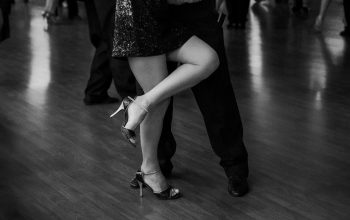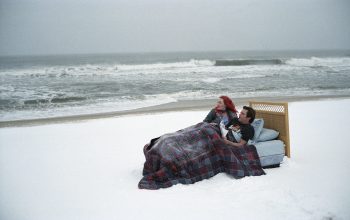Macbeth is a tale that has been told many a time and one that has been changed many a time, but I must admit I found a new understanding and resonance with Zinnie Harris’s version at the Rose Theatre.
The classic Shakespearean tale has been adapted to create provoking thoughts for the audience and question the societal expectations of the time that perhaps Shakespeare adhered to more than we thought.
With comedic moments and ironic twists, Harris left us with a lot to discuss.
It opens with a teasing monologue from Liz Kettle, who breaks the fourth wall and narrates the play all the way through.
One clear director decision from Harris was to have the actors chop and change from Shakespearean language to modern remarks – which is a difficult task.
But in my opinion, it happened so naturally it felt as if I understood the characters more plainly and able to resonate with all the different personalities on stage.
It created a lot of comedic relief for the audience members that perhaps know the emerging tragedy.
Harris clearly demonstrated that the women in the play, particularly Lady Macbeth, were misunderstood in the original version and pushed boundaries to make the audience question it.
In a recent interview Nicole Cooper, who plays Lady Macbeth, said: “Even with the play being so old, there are parallels and always going to be parallels, regardless of when you set it, especially with the view of women.”
When the traditional tale was told, it was widely known that Shakespeare had to produce work that was approved by the monarchy, and with James I on the throne and witchery being a topic of conversation of the times, women being powerful was not an option.
However, in this production, Harris has questioned the power restraints of the women in the play and pushed boundaries of how women and their ‘witch-like powers’ are viewed.
“Regardless of what Lady Macbeth does, she is always going to be reduced to her own fertility and that is such a tragic truth for her character,” said Cooper.
Macbeth, played by Adam Best, is often described as the tragic hero and Best played that role well, switching between this dominating and power-hungry villain and a kind-hearted husband who wanted to please his wife.
Best had a presence on stage even in his weaker character moments, but that was proudly overpowered by Cooper’s presence.
Cooper made Lady Macbeth’s character into an ambitious and head strong woman- even in smaller remarks with Best, you could instantly see where the drive of power originated from in the couples dynamic and it was enchanting to watch.

Emmanuella Cole, who plays Lady Macduff created a likable yet mischievous character to watch on stage and proved a clear divide between her ambitions and Lady Macbeth’s, although both women stood equally by their families.
With a small cast, Harris cleverly doubled up the parts of the witches with the women in the play and always had them as a running theme for the audience to question.
Another worthy mention was the comic relief offered by Star Penders who played Malcolm, and with the allowance of modern language, made the character a main focus when on stage.
With a touring company, you do not expect much of the set as it needs to be efficient and movable, but it was incredible.
The use of mirrors in the first act, really homed in on the fatal acts, making double the emphasis on the deeds when there is a reflection of them.
Without spoiling too much for future audience members, Harris has filled an unknown gap in the Macbeth ‘market’, even for eager Shakespearean fans that know it word for word – I promise you it will be surprising.
Macbeth – An Undoing is running at the Rose Theatre until 23 March and is a must-see before it heads off to New York.






